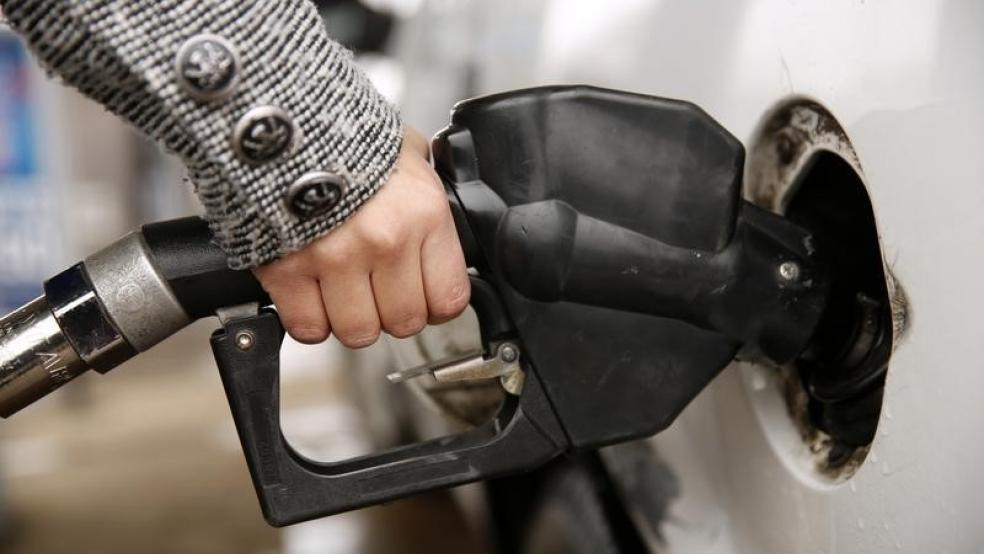Folks waiting for that big economic boost from lower gas prices ought to stop holding their breath.
That's because moves like the one seen since June 2014 — down an average of 84 cents a gallon — often don't have a huge impact, particularly if they're driven by supply surges rather than demand drops.
A research paper this week (with multiple charts) from the New York branch of the Federal Reserve clarifies the effects: Using a slew of variables and looking from 1986 through the first quarter of 2015, the conclusion was basically that in instances of oversupply, gross domestic product and consumption over the longer run increase "quite modestly" while nonresidential investment i.e., capital expenditures for business shows somewhat stronger growth.
Related: Four Reasons Oil Could Fall to $40 a Barrel
For Wall Street economists, the findings could be something of a jolt. Over the past three quarters and then some, they've been projecting that big savings at the pump would propel consumers to become increasingly confident and spend more.
Reality, though, hasn't meshed. Consumer spending has been tepid and GDP growth has been abysmal—a decline of 0.7 percent in the first quarter, a gain of just 2.2 percent in the fourth quarter of 2014, and second-quarter growth tracking at just 1.1 percent, according to the Atlanta Fed.
That's occurred as gas prices at the pump plunged from an average of $3.70 a gallon a year ago to $2.86 a gallon this month, with a low of $2.15 a gallon back in February, according to the Energy Information Administration.
"Americans are certainly driving more, and in newer cars," Nick Colas, the firm's chief market strategist, said in a note. "We just might not have any particular place to go."
As for a future economic bump from lower gas prices, New York Fed researchers Jan Groen and Patrick Russo said the biggest impact is probably in the rearview mirror.
"Our analysis suggests that the expansionary oil supply shock of late 2014 and early 2015 will have a relatively modest stimulative impact on economic activity," they wrote. "Which will peak around mid-2015, and the effects should dissipate significantly by early 2016."
This article originally appeared at CNBC.com. Read more from CNBC:
Economy can use a boost...in rates: Experts




